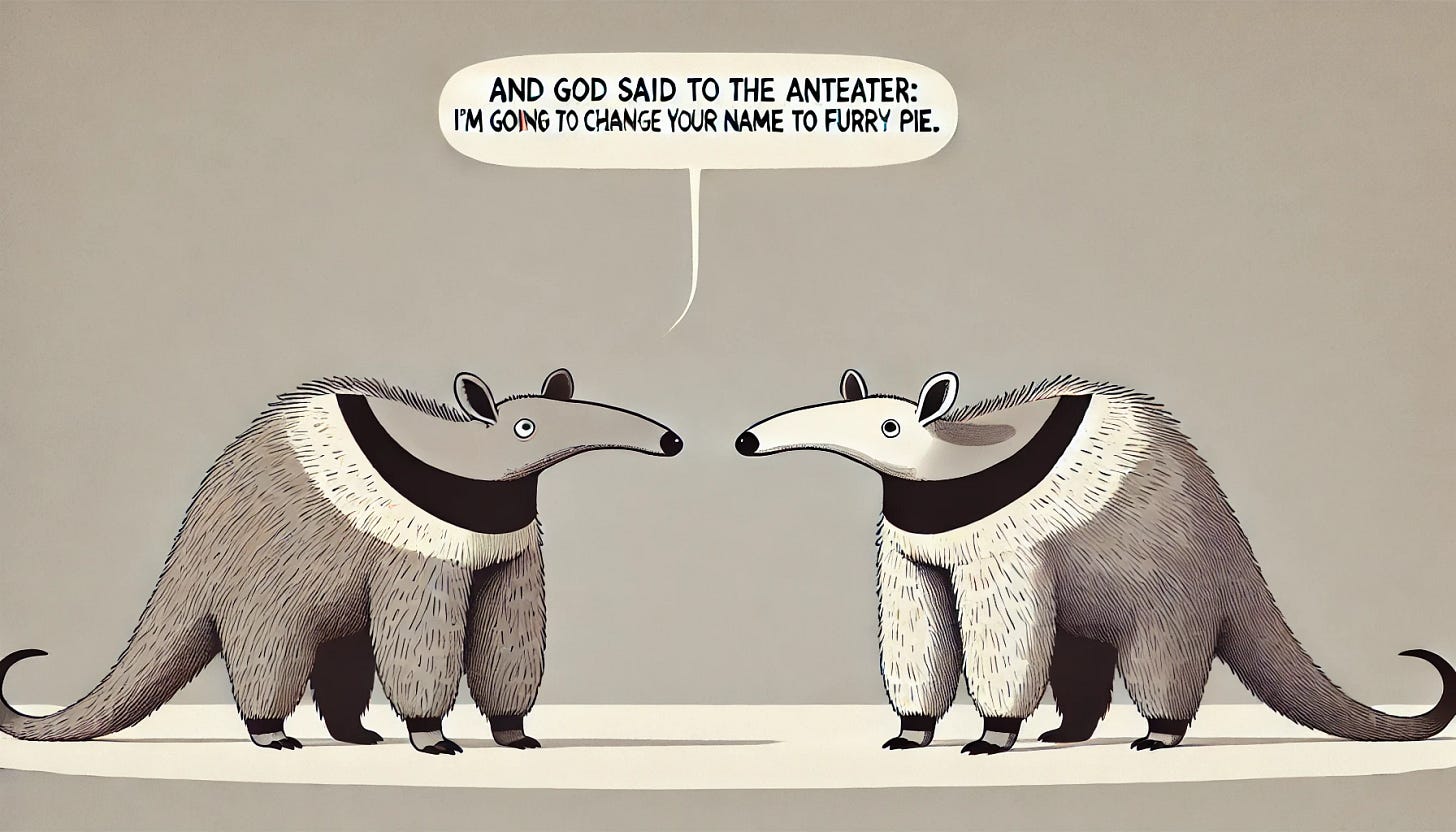When You Publish, Whose Book Is It Anyway?
When one man's dark satire is another man's buddy comedy.
After I finished my first novel, I knew I didn’t want to self-publish —not because I looked down on it, but because I wanted to be chosen. I wanted a stranger behind a desk to read my manuscript, believe in it, and decide it deserved a place in the world. I wanted the stamp of legitimacy—the kind that still clings to traditional publishing, even as the industry shifts, fewer people read, and more books than ever flood the market.
I started sending out dozens of query letters —each one tailored, researched, and edited to fit an agent’s preferences. It was tedious but strangely challenging work, and I quickly realized that queries are, in their own way, as important as the novel itself. How do you sell your book in a few short paragraphs—especially when it seems that if you could summarize it compellingly, you wouldn’t have needed to write the thing in the first place? And isn’t the pitch essentially a performance, with both parties complicit in its detachment from the actual work?
“Is your novel any good?”
“It’s not only good. It’s great.”
“That’s what every writer says.”
“Mine is truly great.”
“I’ve heard that one before.”
“What do you want then?”
“I want you to wow me.”
“Read the novel, and you’ll be impressed.”
“Is it any good?”
“It’s great.”
“That’s what every writer says.”
“Then why do you even ask?”
Most queries were met with silence, but now and then —maybe a week, a month, or six months later—I got lucky and received a boilerplate rejection. None offered advice. None pointed me in a different direction. However, I understood the subtext. I didn’t have a platform, a social media following, or a newsletter with five thousand subscribers. I wasn’t a brand. I was just a writer with no obvious way to sell a finished novel.
Eventually, I stopped aiming for the big New York agencies and started looking at independent publishers—smaller houses, often more willing to take risks. That’s how I found Envelope Books, an independent press based in London. They didn’t ask for my social media metrics. They asked for the manuscript.
After a few exchanges, they offered me a deal, and I was thrilled. But I quickly learned that signing with a publisher doesn’t mean your book is finished. It just means someone else gets a say.
The editorial process was collaborative and respectful, but it became clear early on that my editor had a very different read of the novel. He wanted to change the title, “A Monopoly of Violence,” a phrase I had chosen deliberately, drawn from Max Weber’s definition of the state: the institution that claims the exclusive right to use force within a given territory. It’s a cold, technical phrase, but everyone knows who holds that monopoly in Mexico. The cartels control the country—not officially, not on paper, but in the ways that matter. Politicians may hold office, but if they act against cartel interests, they or their families are killed. The state survives only by negotiating with its rival. That’s the tension the novel is built on.
My editor found the title too academic and difficult to sell. At one point, he even suggested using a variation of one of Donald Trump’s insults to Mexicans as the title, thinking it would be more eye-catching. (He proposed: “Some, I assume, are good people: A Guide to Mexico for Donald Trump”). For the record, the book has nothing to do with Trump.
While the novel doesn’t feature explicit acts of physical violence, it explores a subtler form of domination—violence through language. The way characters speak reveals what they value, the hierarchies they uphold, and the respect (or lack thereof) they extend to others. Language becomes a weapon, a mirror, and a mask—reflecting how societal power is exerted and maintained. The original title captured this: the monopoly of violence in Mexico isn’t just physical. It’s embedded in how people talk, obey, ignore, and survive.
The problem wasn’t just the title —it was interpretation. Again and again, I felt like my editor and I were reading different books. I’d write something with intention, and he’d flag it as a mistake or awkward phrasing. I had to keep reminding myself that I knew this book better than anyone. Still, when you're an unpublished author negotiating with the person holding the contract, every correction feels like a test: Capitulate or risk being labeled difficult.
Eventually, I proposed “The Fine People of Mexico,” a compromise. I like the title—it’s sharp, ironic, and inviting. Yet, I still think “A Monopoly of Violence” says something more complex and accurate. It’s the title of the book I wrote. The new one is the title of the book we will publish.



Thank you for sharing. I actually want to read 'both' books side by side to appreciate the differences. Did you rule out 'It's Mexican as' as a title? Just saying...
En el contexto actual de México, es más apropiado “A Monopoly of Violence”.